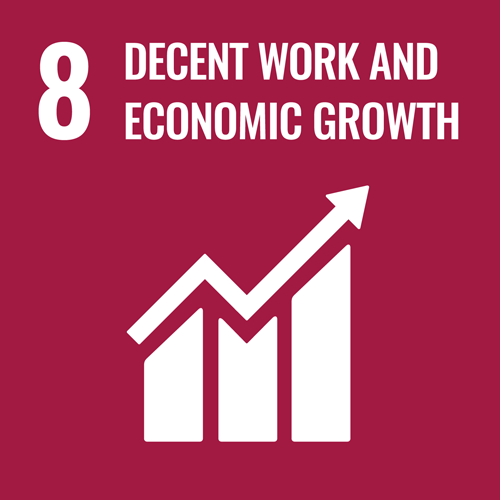The innovative insights of artificial intelligence (AI) are changing the game when it comes to making strategic decisions in business. Several industries already rely on financial forecasts or market research to calculate the level of risk associated with a decision, and AI is another tool for business leaders to add to their arsenal. Offering quick, efficient and wide-ranging information, this technology can be invaluable to those who are looking for new ways to support and grow their company – with minimal cost and effort.
Whether a small business owner who is just starting out or a senior decision-maker, AI can help streamline decision-making process. Curious to know more? Let’s explore how.
Quick and efficient data gathering
The more data you have, the more you’re able to understand whether something is just a quick trend, a blip or a valuable insight. Especially when it comes to making choices that have financial consequences, such as introducing a new product, you’ll want to be sure that you’re making an educated decision. However, manually gathering data, reading it all, making notes and then collating themes is extremely time-consuming.
AI allows you to back up gut instinct with evidence-based insights, without the wait. Capable of reading and digesting a huge amount of data in minimal time, AI allows you to get the information you need quickly. In turn, this means you can react faster, getting ahead of the competition. Plus, you can test theories or ideas that get thrown up without spending a lot of manpower on research that ultimately doesn’t get used.
Increasing collaboration
When you’re making a decision, it’s impossible to get everyone’s thoughts on every single thing – you’d never get anything done. However, that doesn’t mean that they’re not important. Other teams in the business may have already completed research that is relevant to the decision you’re making – but without asking, you might not know it exists.
AI can search through databases across all teams in a business, collecting insights that are relevant to the choice you’re making, and bringing them to your attention. You can then follow up with these teams in person if you need to, bringing further opportunities for collaboration. This process allows you to make decisions to the best of your ability, from a well-rounded viewpoint.
Identifying opportunities and red flags
As the saying goes, you don’t know what you don’t know. Even with many years of experience, there’s always a new opportunity or something that you might not have considered, so it pays to be open-minded. Thanks to its large data-processing capabilities, AI can help identify any potential opportunities when you’re making decisions, as well as alerting you to any areas of concern. Especially if you work in an industry that changes quickly, this can be invaluable to help you avoid a costly mistake.
As well as looking at historic data, AI can also examine customer patterns and preferences in real-time, giving you a more accurate picture of trends. You can even use it to analyze competitor habits, checking if there’s anything they’re doing differently that you might want to introduce into your own strategy – or alternatively, anything that’s putting you ahead of them.
Reducing errors
Even the most diligent workers have bad days, especially when they’re completing tasks under stressful conditions such as a tight deadline. Unfortunately, a few small errors in a database can skew forecasts and reports, causing issues for companies further down the line.
AI can help reduce human error, and point out any inconsistencies for further examination. This means you can catch any issues before they impact the decision-making process, helping you be as accurate as possible.


 Register here
Register here














